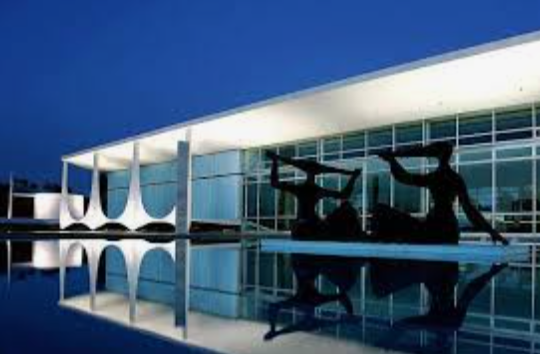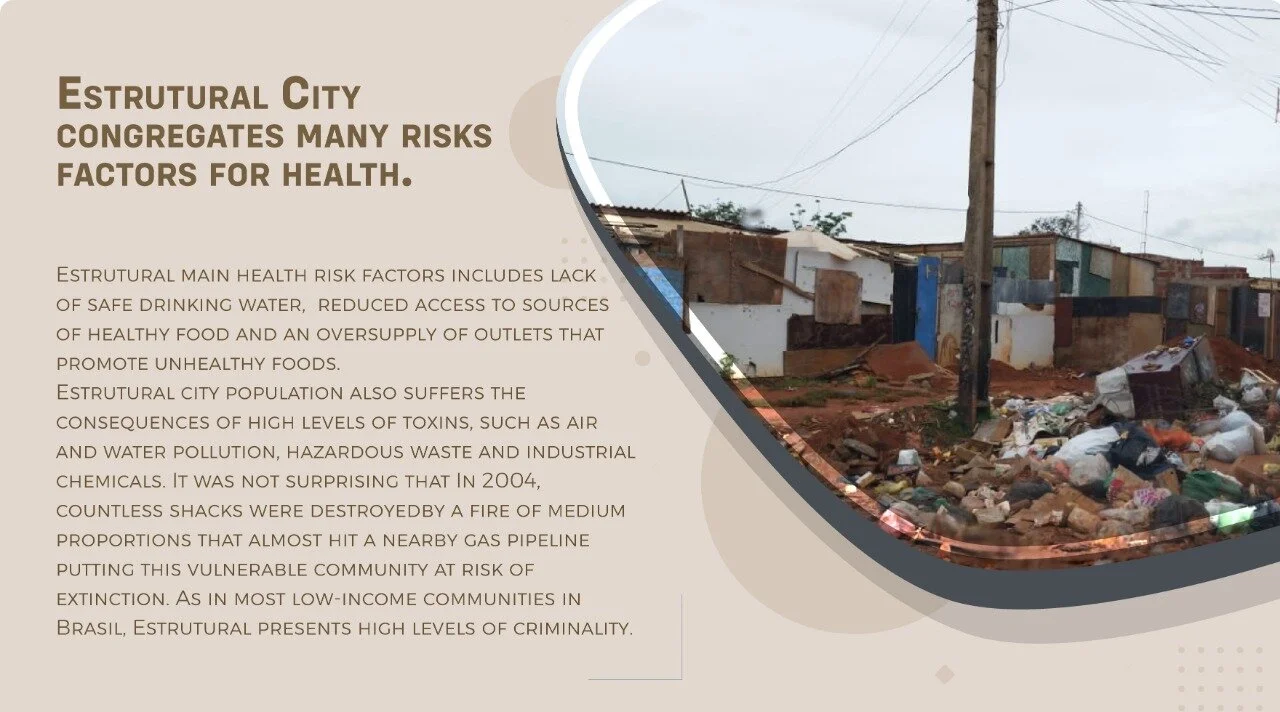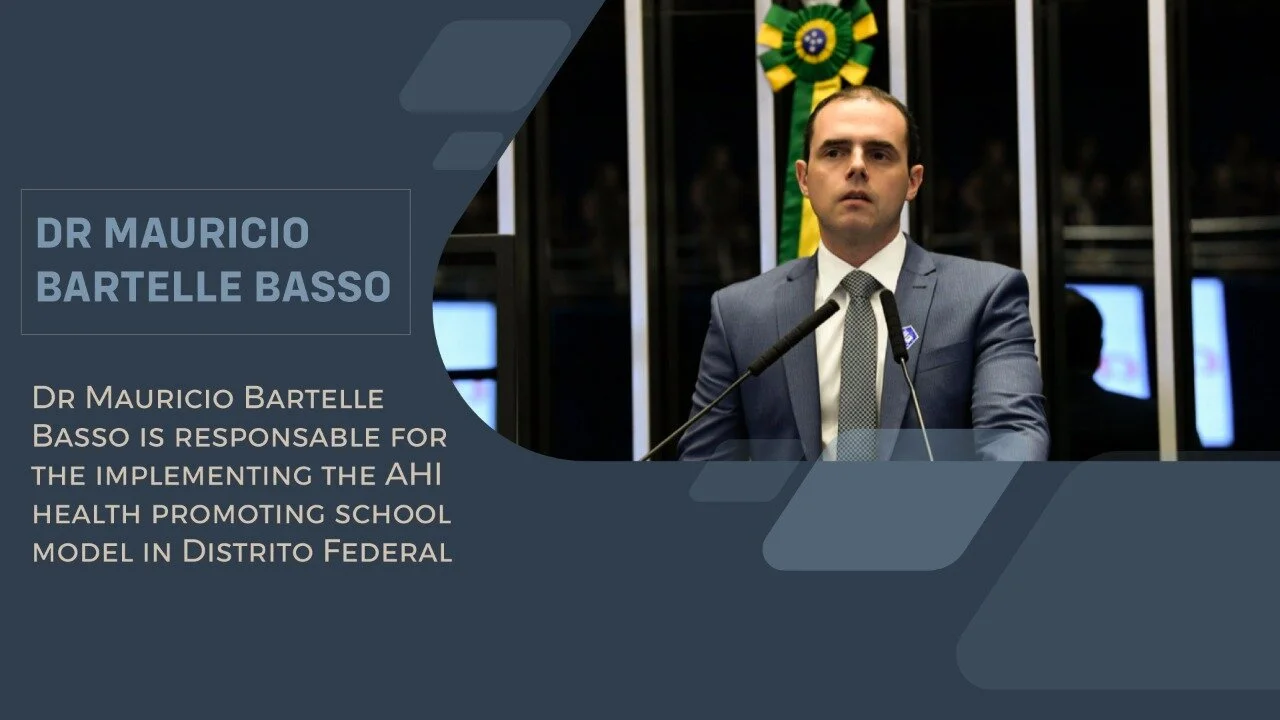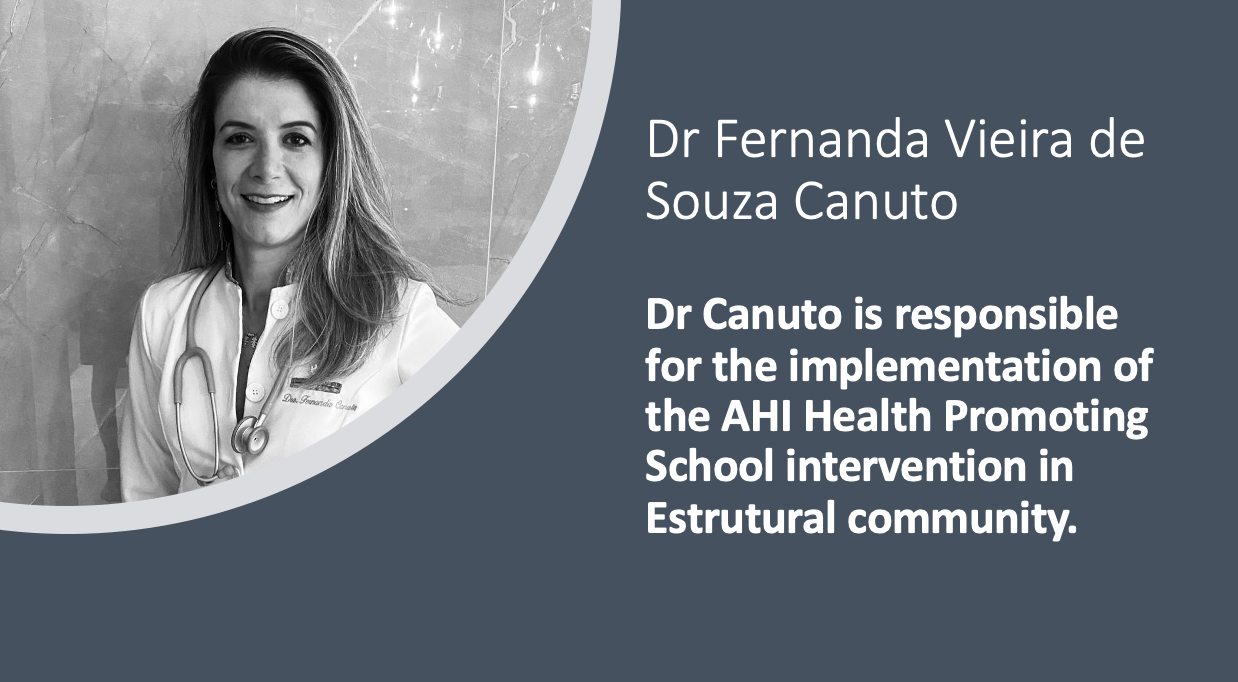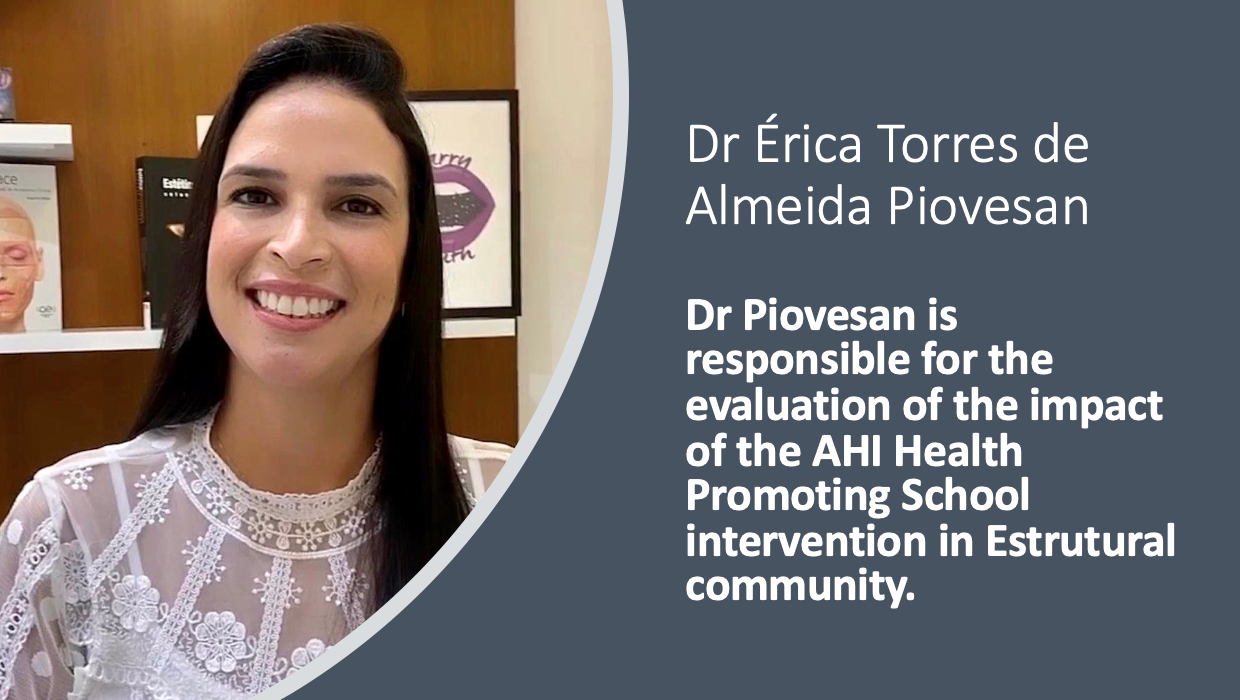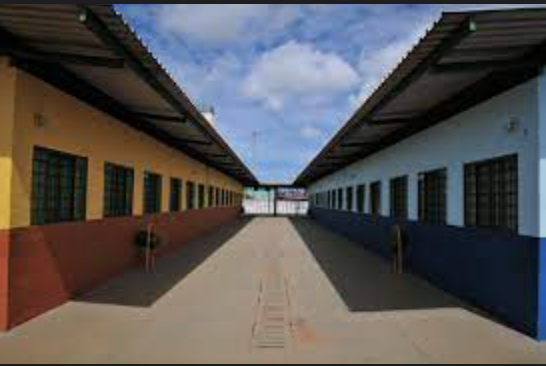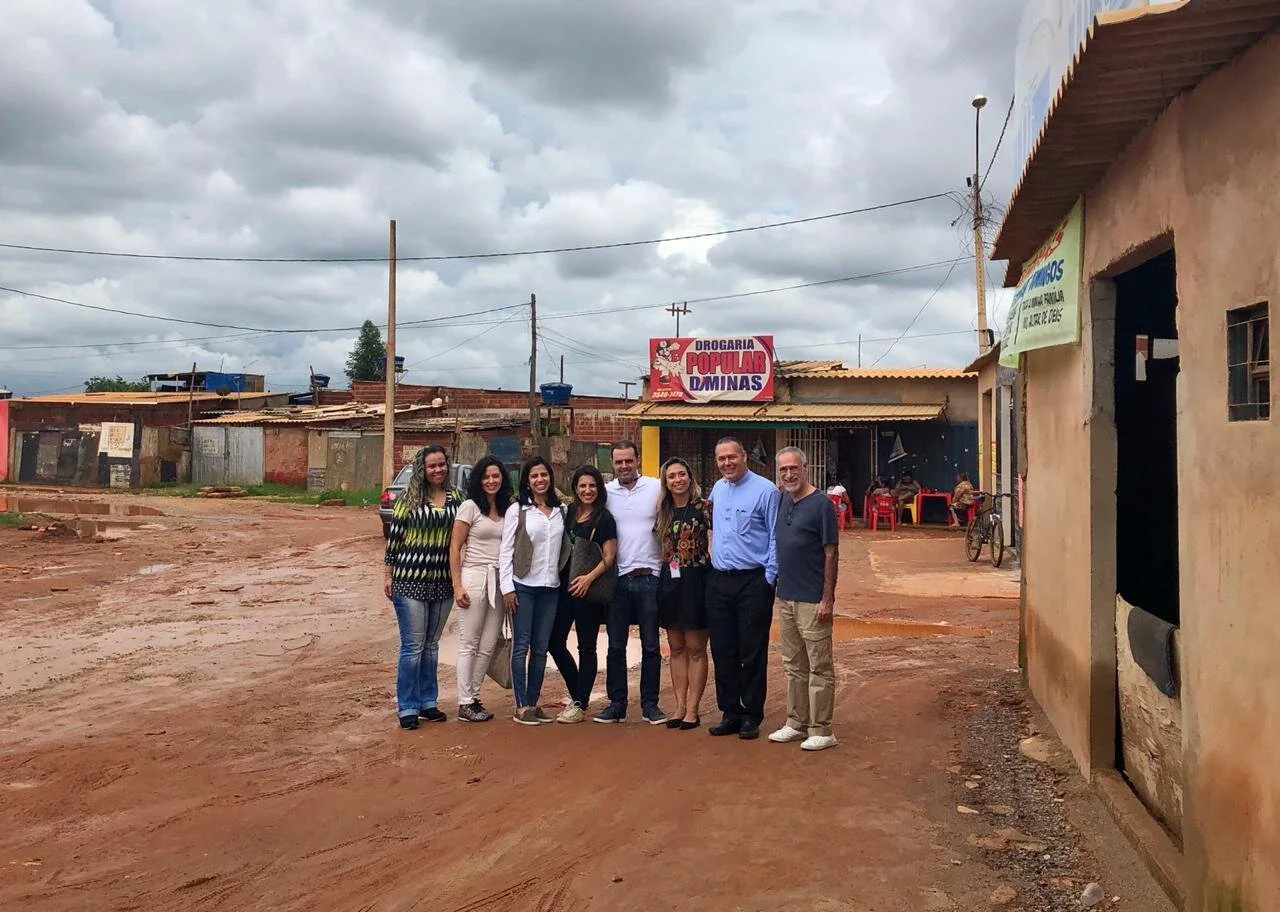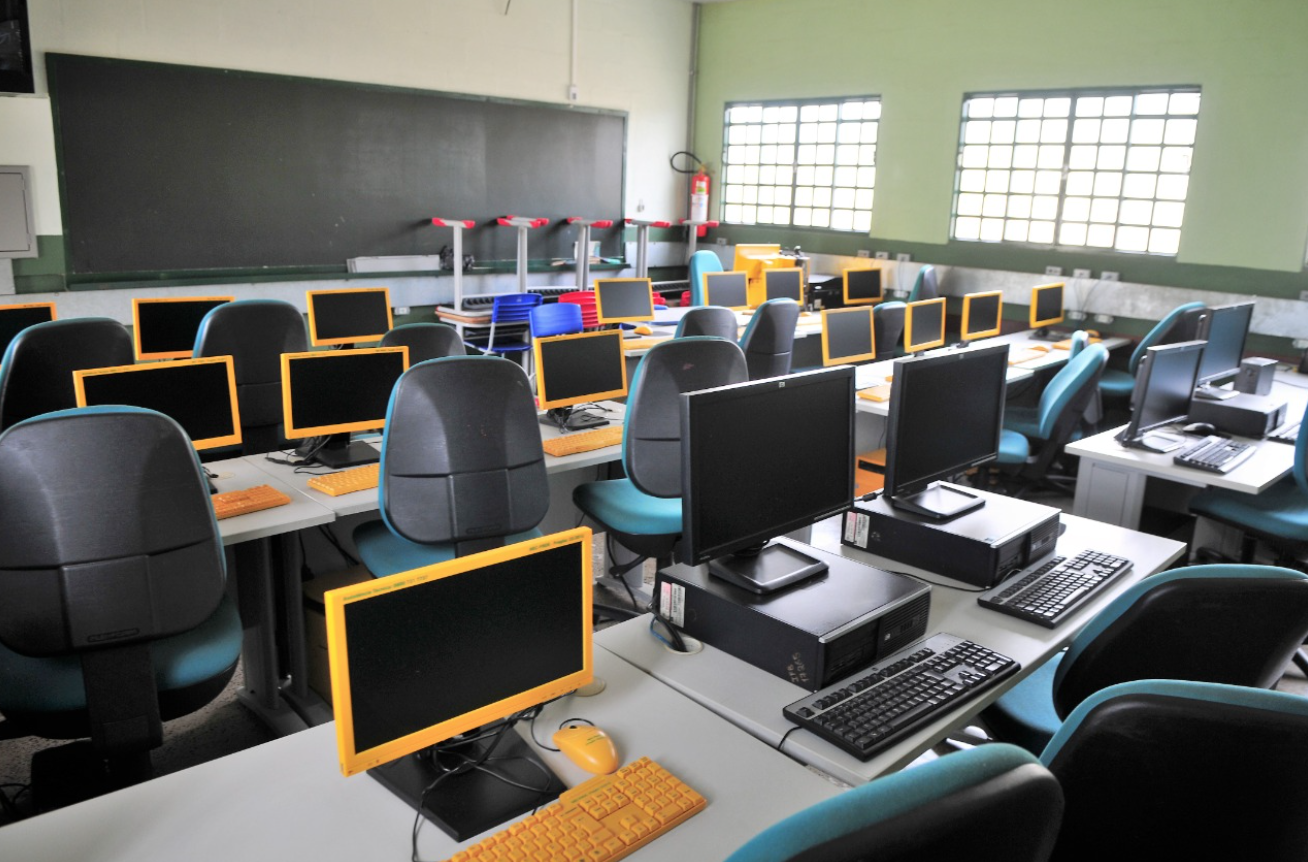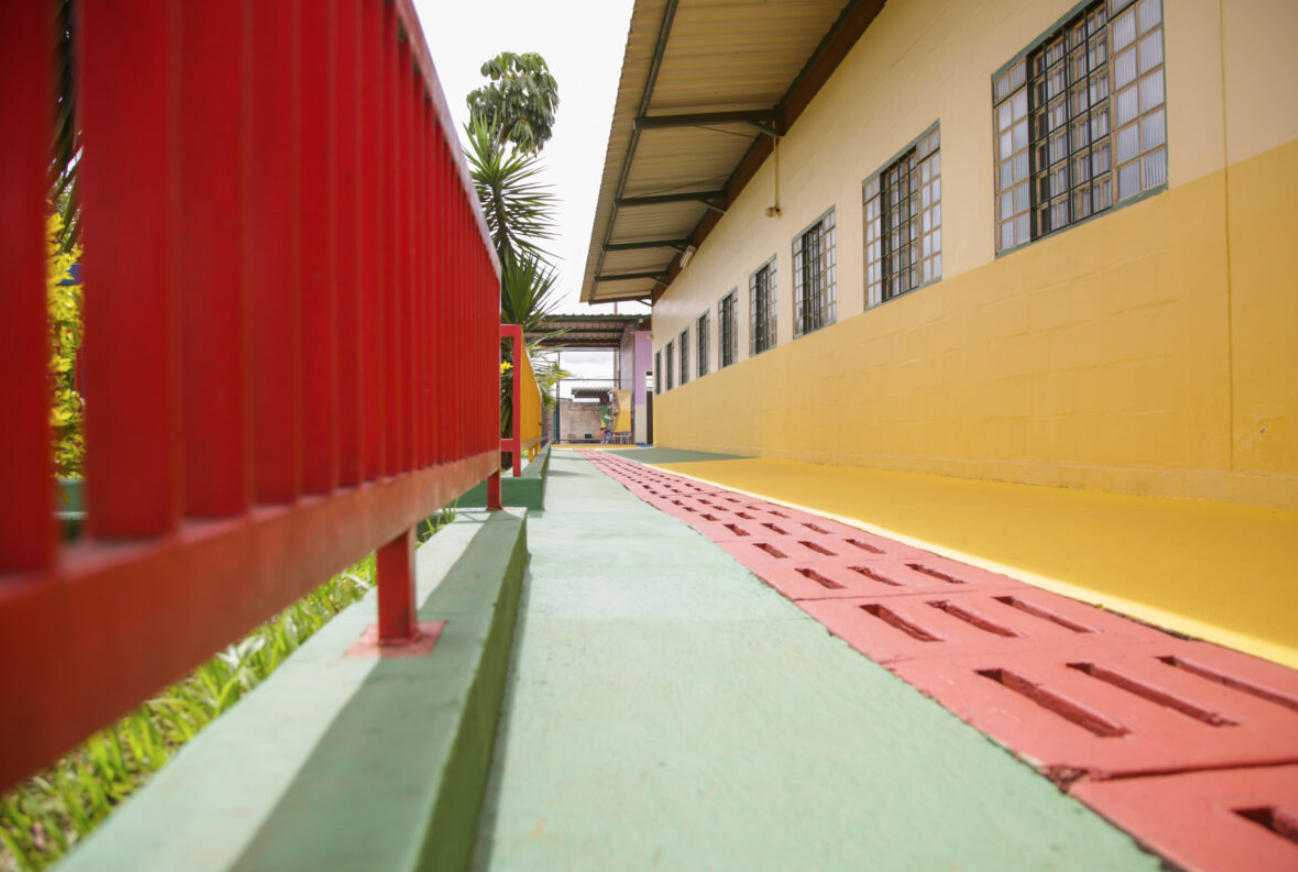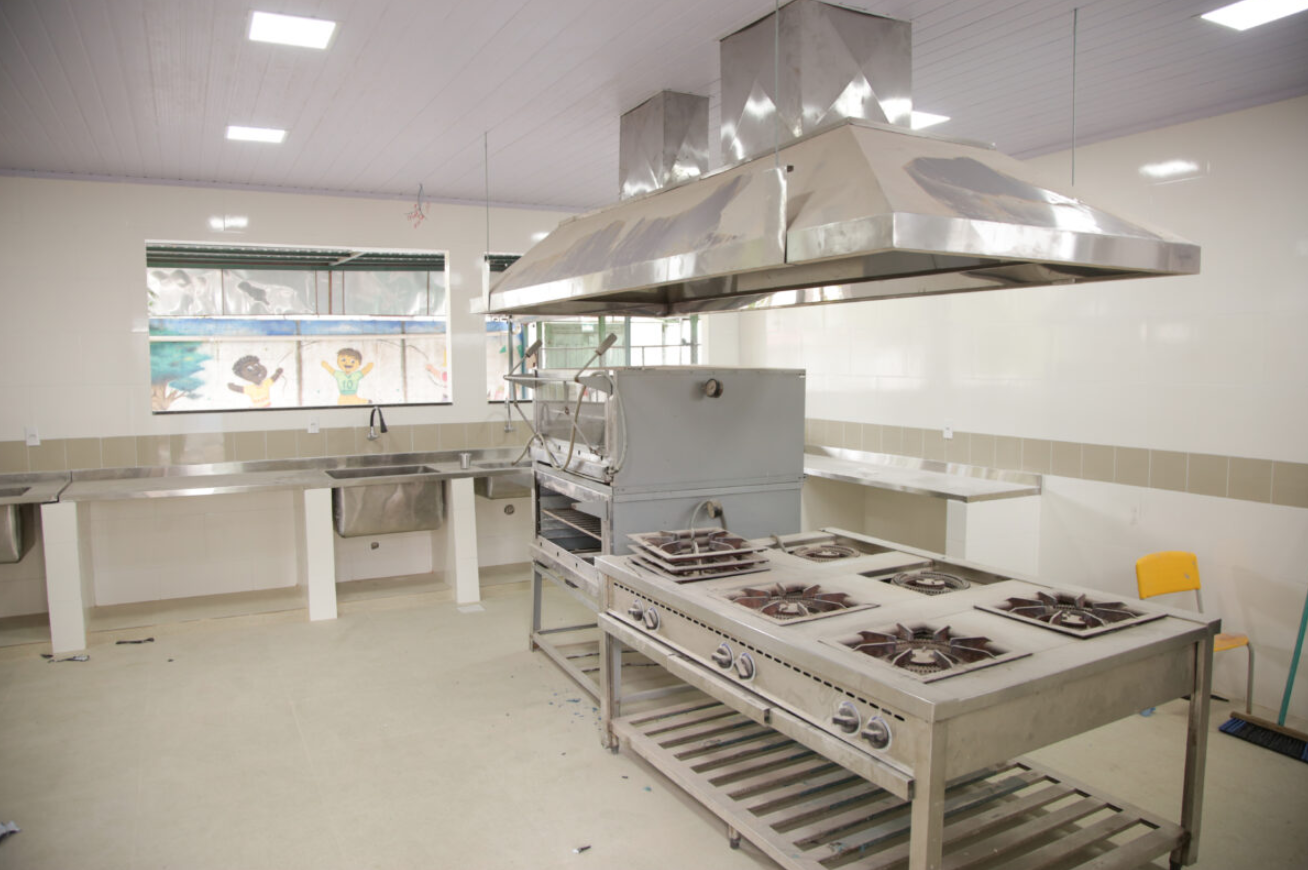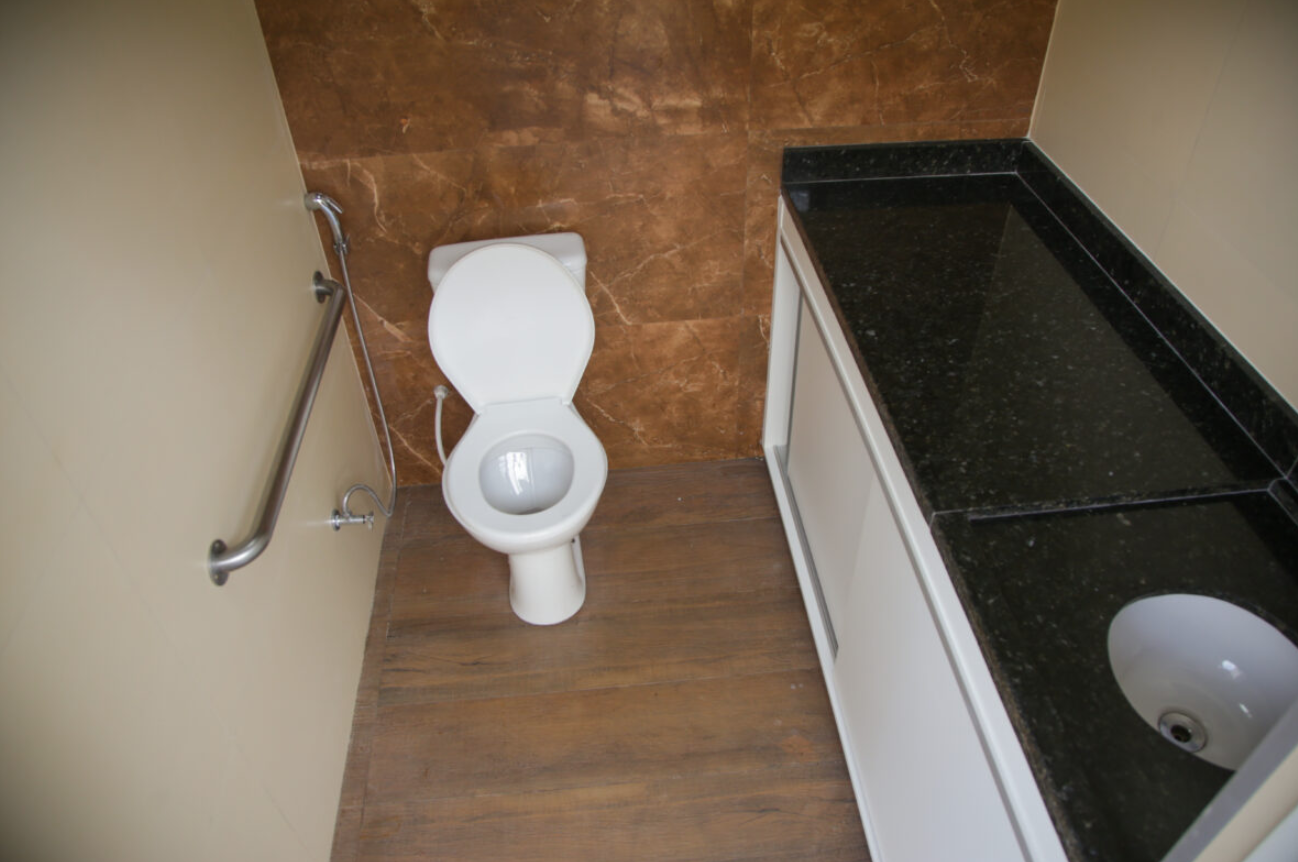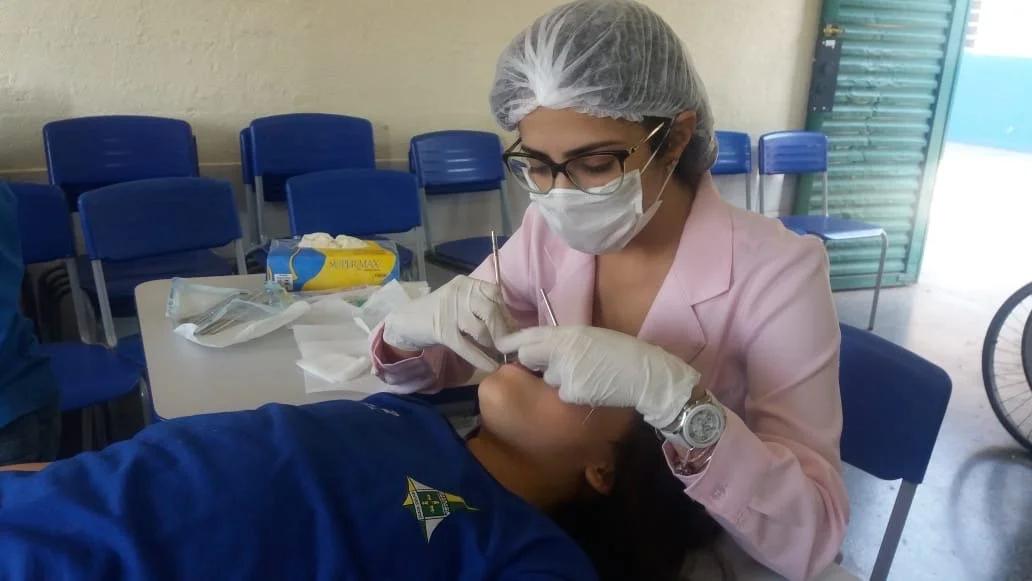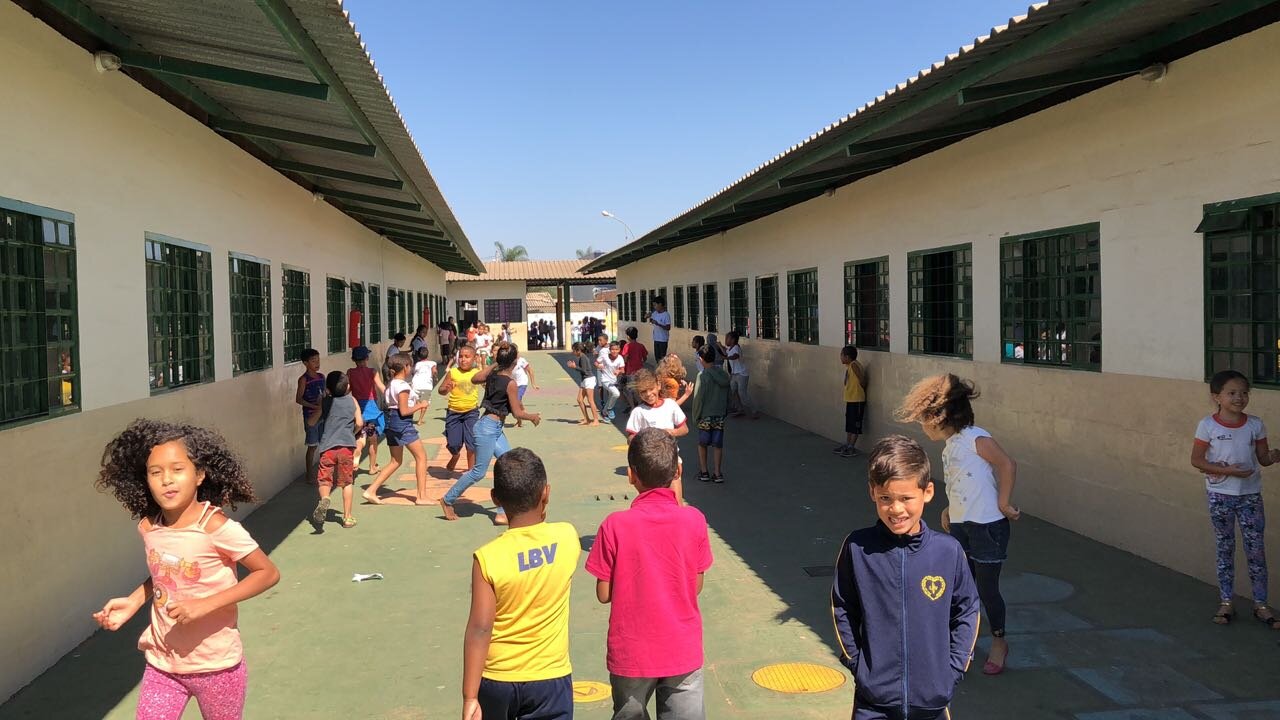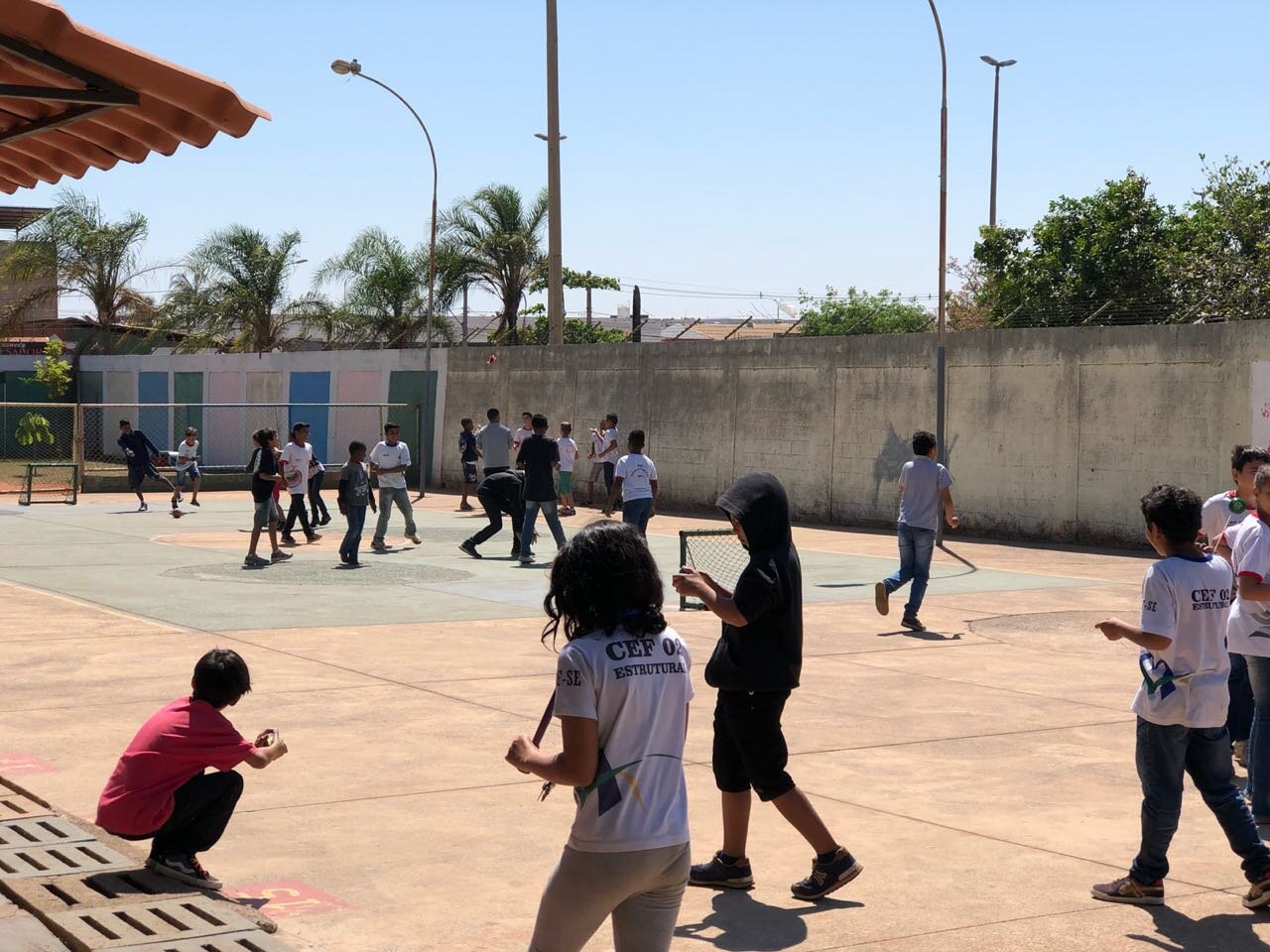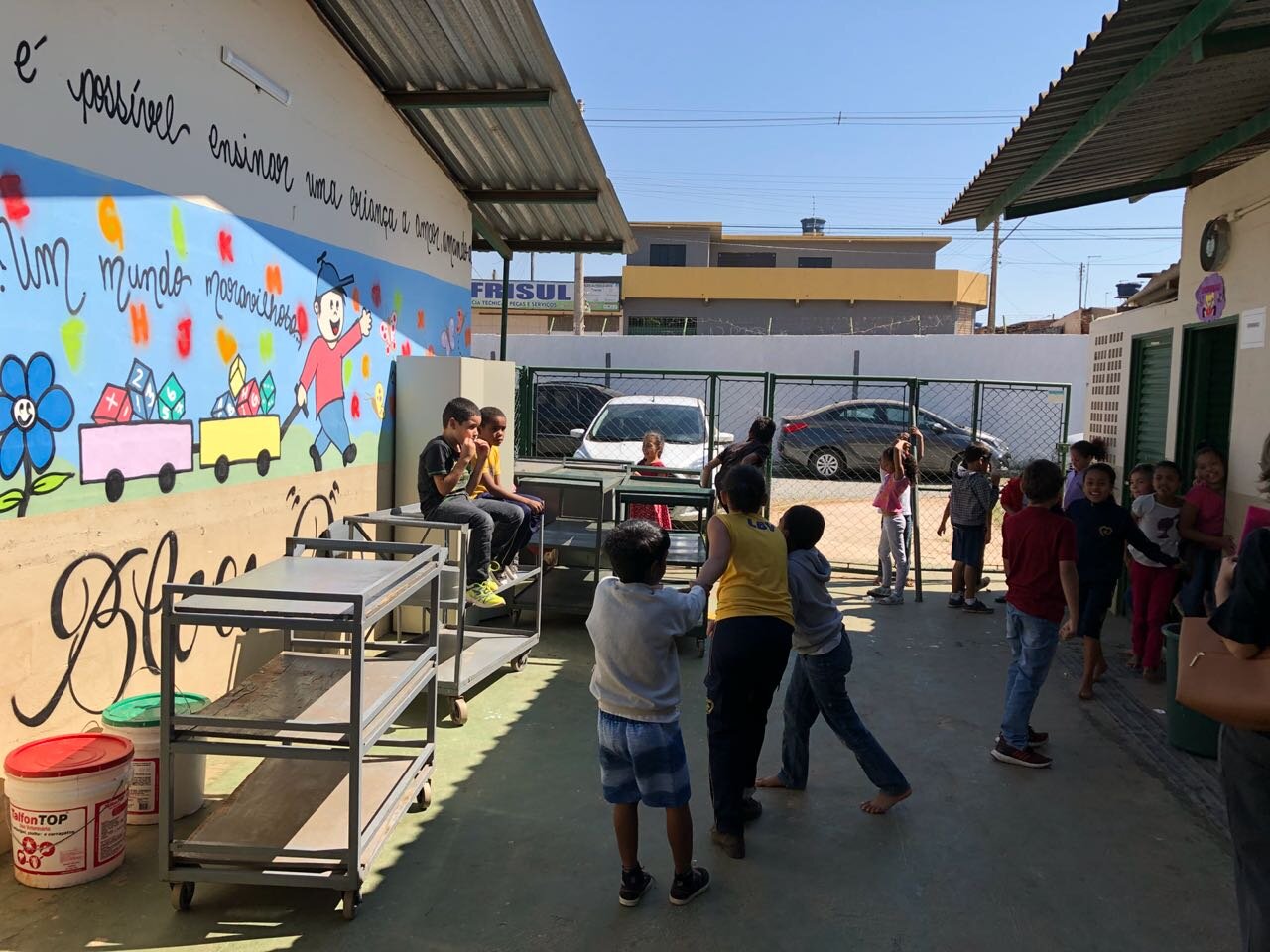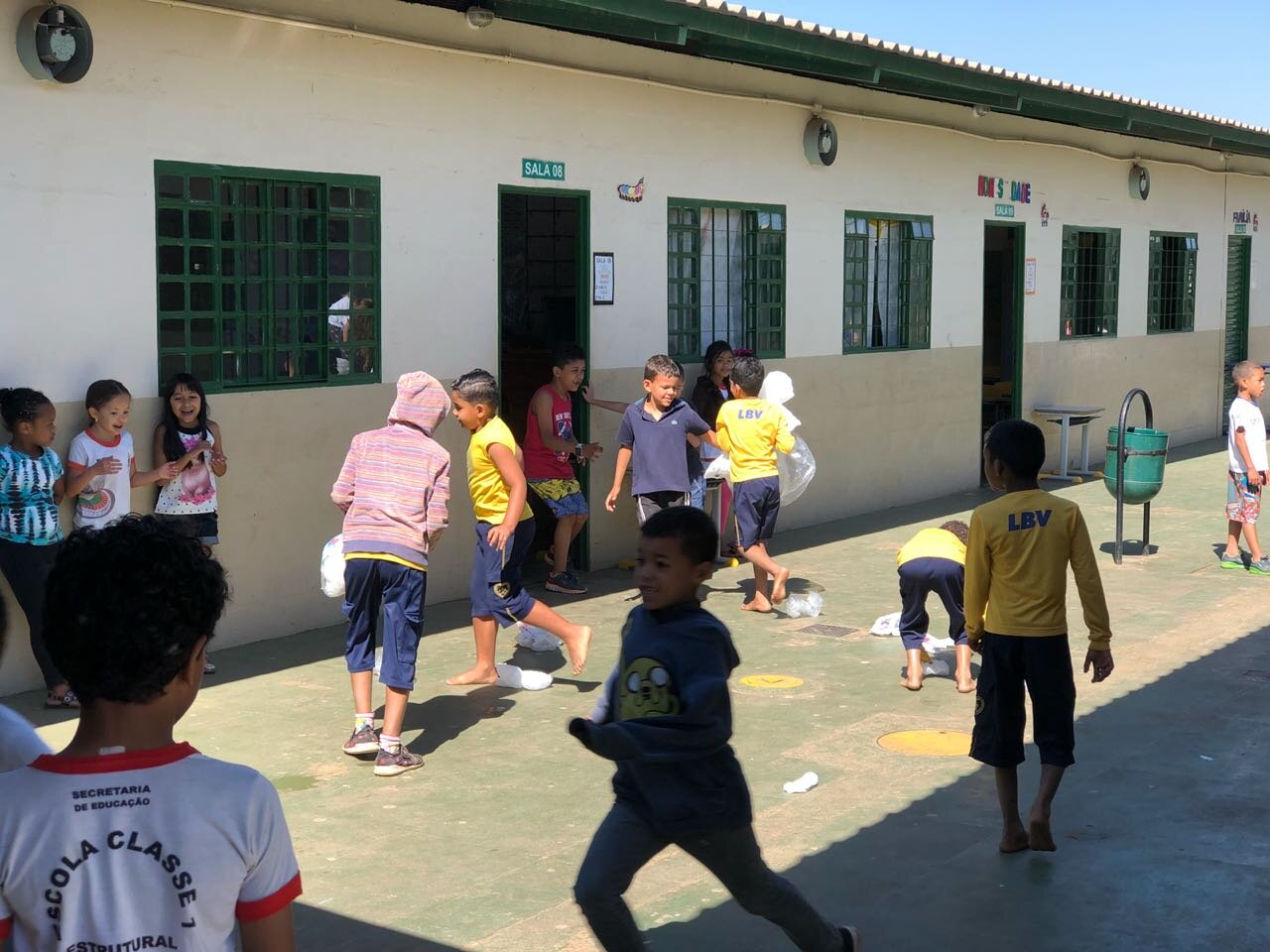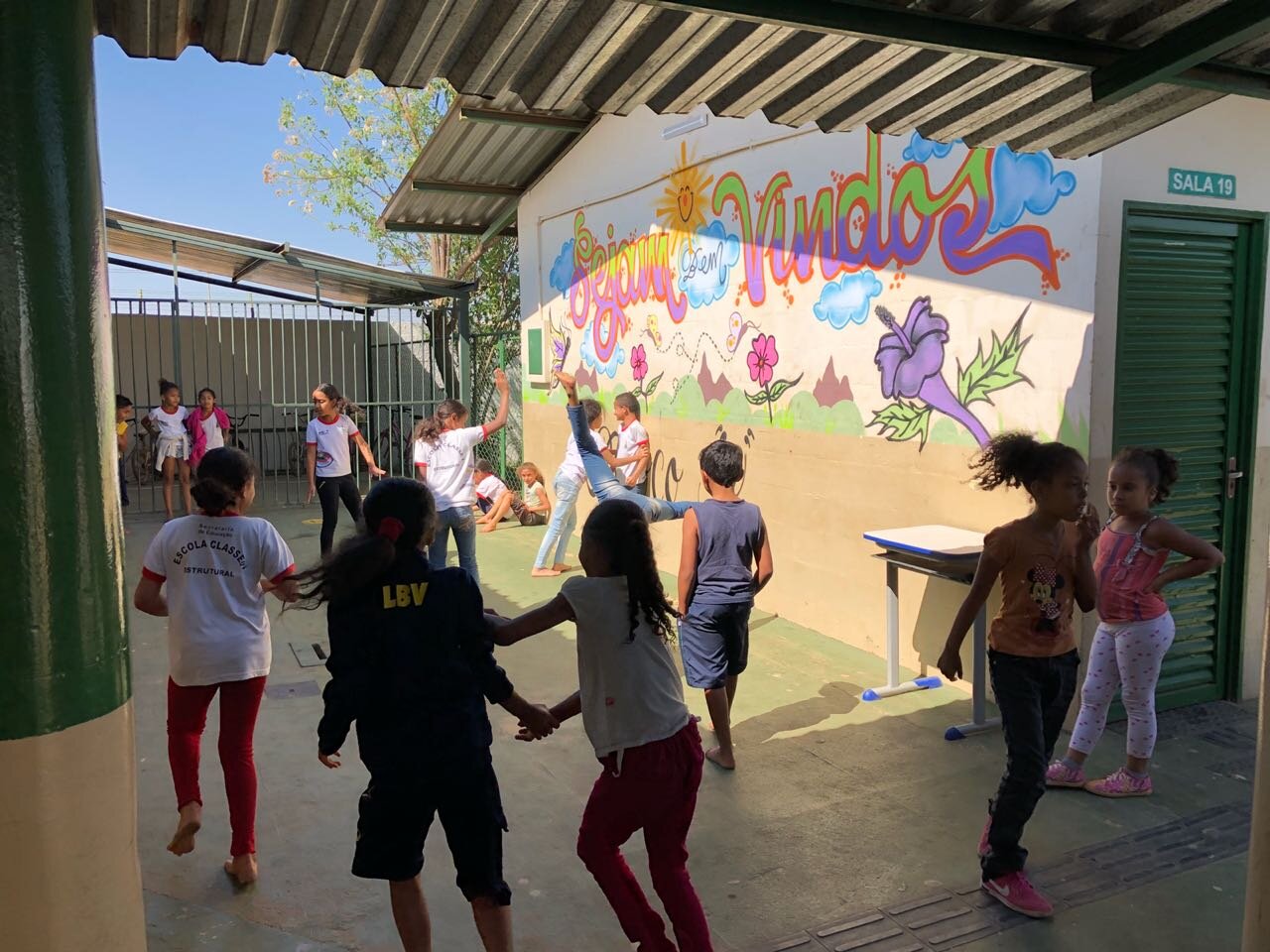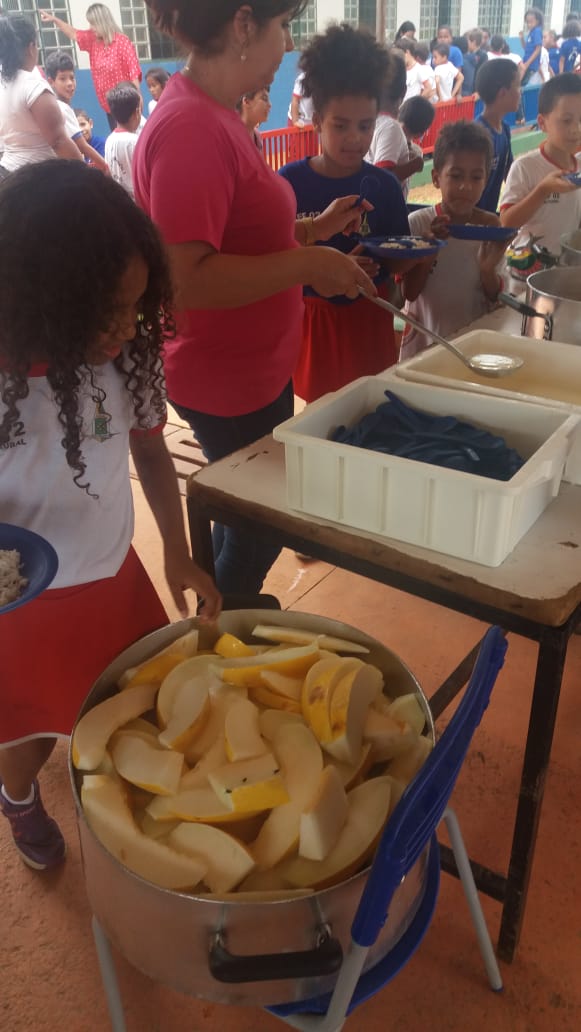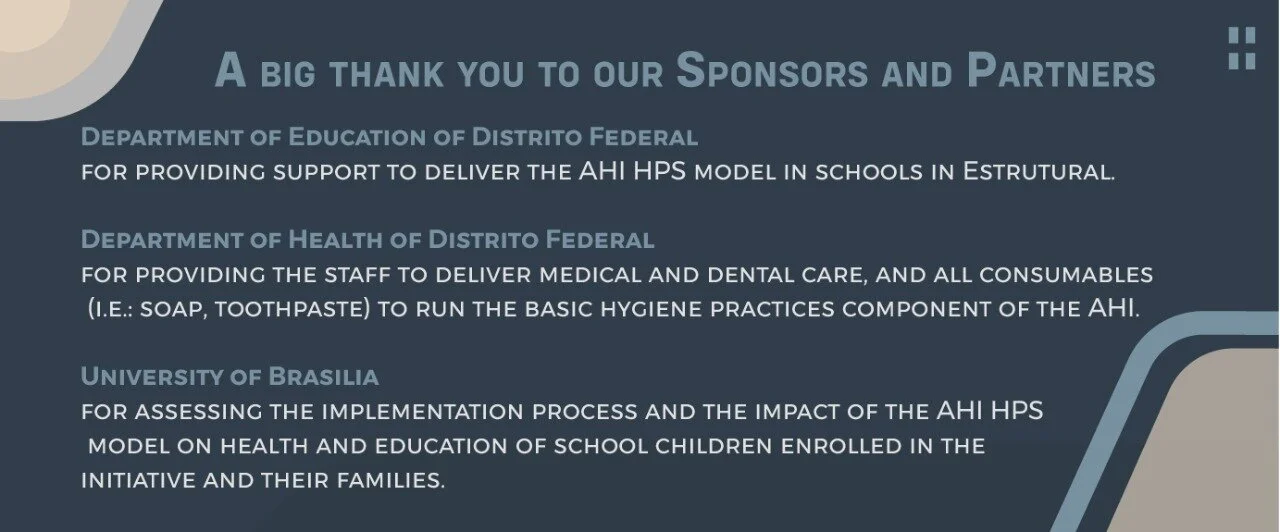Project Estrutural
Estrutural City is a marginalised and socially deprived community located less than 20 Kilometres from the centre of Brasilia, and the country’s government presidential palace and government ministries.
Brasília, Distrito Federal, Brasil
Brasília is the capital of Brazil located in the Brazilian Federal District. The city is famous for its urban planning and daring architecture.
Estrutural City formation was due to an invasion of garbage collectors near the sanitary landfill of the Federal District. Estrutural City has only one Public Health Centre.
School Class 02 Structural Town
Ms Maria Leodenice Magalhães, headteacher
School Class 02 Structural Town
With the amazing support from the School Classe 2 head teacher, Ms Maria Leodenice Magalhães, in collaboration with the Department of Health and Department of Education of Distrito Federal, Brasil, the Affordable Health Initiative (AHI) Health Promoting School (HPS) programme is being successfully implemented.
The Director of AHRC has visited Structural Town and provided training to AHRC research associates to evaluate the implementation and impact of the school intervention on the school community.
From left to right, Dr Tereza Raquel, Professor Soraya Leal, Dr Isadora Passos Maciel, Dr Renata Cabral, Dr Mauricio Bartelle Basso, Dr Synthia Martins, Padre Geraldo Gama de Azevedo Neto and Professor Wagner Marcenes.
Structural Town Project Evaluation
The Affordable Health Research Centre (AHRC) evaluated all AHI projects adopting an implementation research methodology LEARN MORE>.
Implementation research carried out in Structural Town among stake holders in 2021 demonstrated that the intervention was appropriate to the locality (Appropriateness domain), agreeable (Acceptability domain) and it was adopted (Adoption domain). In addition, the AHRC assessed the school facilities and concluded that it was feasible implementing the AHI HPS programme. The school is equipped with clean water, toilets, sinks, kitchen, internet, e-learning facilities and sport facilities.
e-learning facilities
By giving access to internet to students in a low-income community, the School Classe 2 in Structural Town hugely improves opportunities to enhance education through e-learning, which plays an important role in delivering health knowledge and life skills.
UNICEF Water, sanitation, and hygiene (WASH).
The UNICEF water, sanitation, and hygiene (WASH) programme is being implemented in School Classe 2 in Structural Town. Water, sanitation, and hygiene are critical dimensions of the health and safety of people worldwide. It is expected that the school will be awarded the UNICEF Three Star certificate in 2023.
Feeding school children
As explained in Paulo Freire’s Pedagogy of the Oppressed, “Poor children aren’t stupid, they’re just hungry”. Assuring two meals a day at school addresses the hunger challenge among children in low-income communities.
Improving the school building
The data obtained in the AHRC assessment of the school facilities also identified that some improvements would be beneficial to the health and education of the school community. In 2022, the build was painted to improve its appearance and to create an enjoyable environment to learn, the patio was levelled to prevent accidents and facilitate the use to children with physical disability, the kitchen, which prepares four meals a day, and the toilets were refurbished, a toilet for children with physical disabilities was constructed, the lighting was improved, and LED lighting was installed to replace the traditional halogen or incandescent bulbs, a much more environmentally friendly alternative, and works were carried out to repair windows, celling, roof, and the water tank. Further work will include building the construction trough sinks, a single basin sink capable to accommodate several wash stations, to facilitate running the basic hygiene practice intervention.
Refurbished patio
Refurbished kitchen
Toilet for physically disable children
Coverage of the AHI HPS programme.
In line with the AHI HPS implementation approach, all school children aged 6-8-year-old were invited to participate in the programme, and 542 were enrolled in the programme. In 2023, a new cohort of children aged 6-year-old will be invited to participate, and the children aged 7-9-year-old will be retained until they reach the age of 14-year-old. Schooling in Brasil is compulsory for all children between the ages of six and fourteen in Brazil. The eight-year compulsory stage of education is known as Fundamental Education, or Ensino Fundamental. and it is divided between two distinct four-year stages: Fundamental Education I (Ensino Fundamental I) ages 6-10 and Fundamental Education II (Ensino Fundamental II) ages 11-14
Dental Care
All 6-8-year-old school children are free of untreated oral diseases.
Following a dental health assessment of the 6-8-year-old school children enrolled in the AHI HPS programme, in 2022, Dr Isadora Maciel, from AHI, has provided dental treatment to all school children needing dental treatment.



